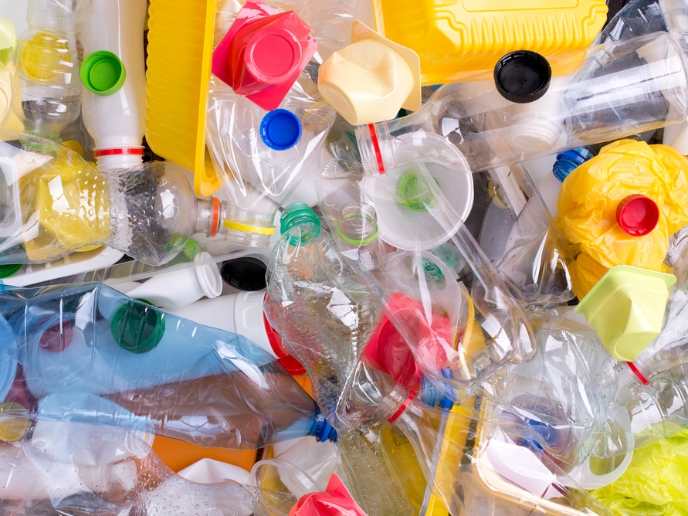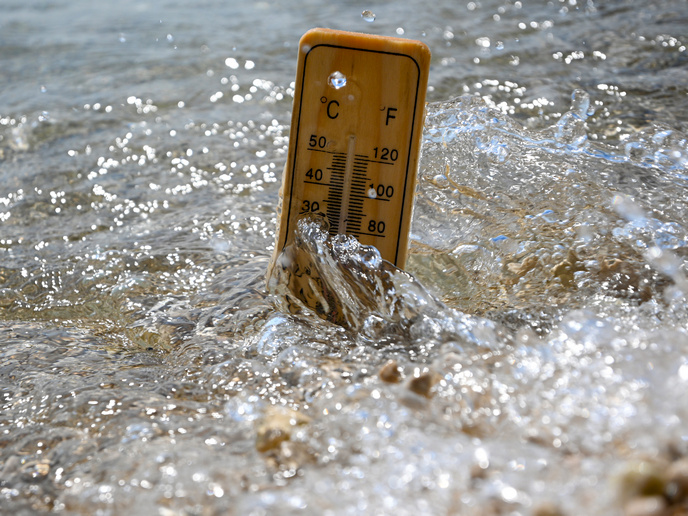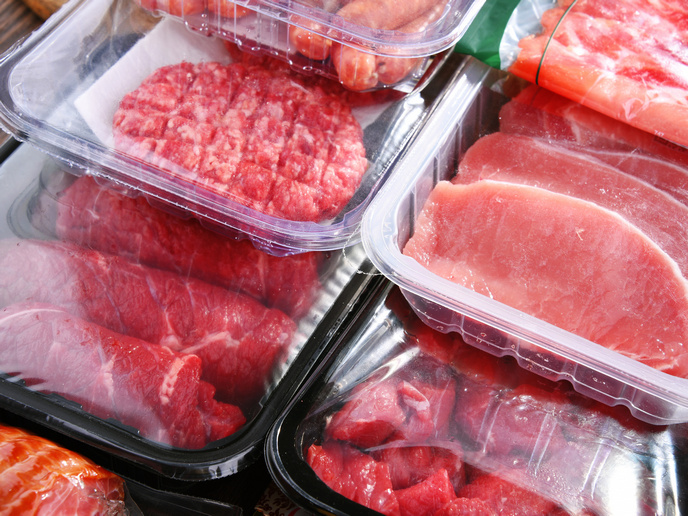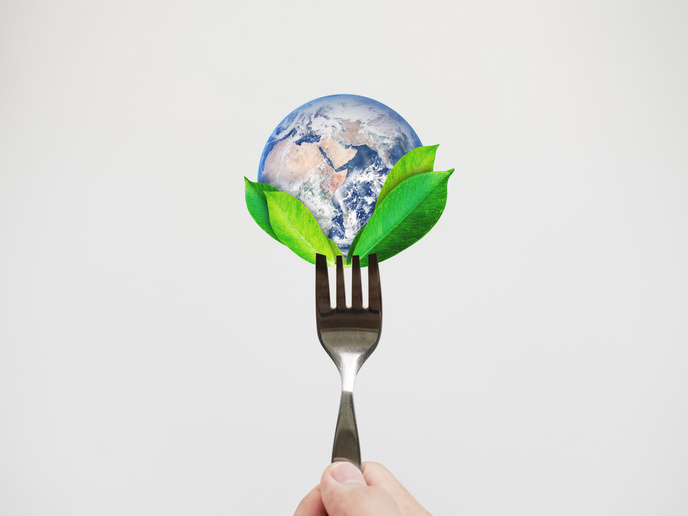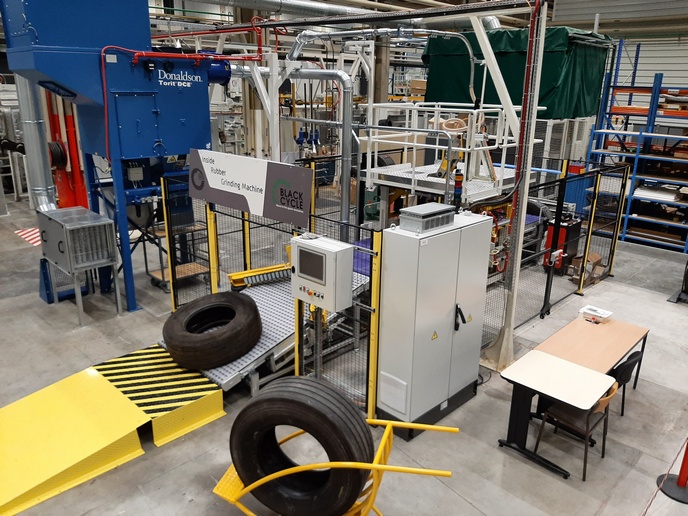Green cleaning boosts plastics recycling
Plastics are a mainstay of the modern economy due to their combination of unrivaled properties and low cost. It provides many benefits but the current plastics economy has drawbacks that are becoming more apparent by the day. The primary problem is the high levels of waste and low recycling rates found in plastics manufacturing - today, globally just 14 % of plastics are used for recycling. Increasingly stringent regulations have been introduced by the European Commission to reduce landfilling and incineration and encourage recycling and the circular economy, by increasing the taxes for waste disposal. Nevertheless, the inefficiency of current recycling technologies makes recycled plastics uncompetitive as a raw material, discouraging those who wish to convert it into useful products. Low energy consumption The Horizon 2020 EGREMPLARE project addressed this challenge through a high-tech process that makes recycling of mixed plastics economically viable. Their technique has increased by 60 - 85 % the amount of plastics that can be recycled. “We use our proprietary cleaning process that employs a bio-based material without generating new waste streams and with a low energy consumption,” says Jan Kolijn, project coordinator and co-founder of high-tech recycling company, Tusti B.V. The Dutch SME developed lab scale cleaning and separation techniques, which can be used for dirty, complex combinations of different plastics like mixed plastic household waste. “The goal of EGREMPLARE is to see if there is a market for the products produced using our method, thereby strengthening the business case for separating and cleaning plastic household waste,” Kolijn explains. Researchers used cleaning technologies and separation technology to turn plastic waste into valuable resources. The cleaning technology using biodegradable, biological cleaning liquids is patent-pending, and optimised through newer, cheaper cleaning liquids. “Separation technology is based on adapting existing technology and using it in a smart way to ensure the maximum amount of waste is used to produce new consumer products,” comments Kolijn. Less waste – more profit During EGREMPLARE’s second phase, Tusti.B.V. will open a plant in 2019 to handle 10 000 tons of mixed plastics and run it at an optimised scale in 2020. According to Kolijn: “Since recycled plastics replace virgin plastics, producers need to use much less oil to produce the same quantity of plastic products. This leads to less dependence on oil and reduced CO2 emissions and therefore less environmental impacts.” The project also offers major economic benefits to companies, suppliers and customers. “Currently, suppliers must pay up to EUR 200 per tonne to get rid of mixed plastics: we estimate that this will be reduced to zero in a few years. Our clients will benefit because they can buy recycled feedstock of very high quality for a lower price than virgin materials,” Kolijn points out.
Keywords
EGREMPLARE, plastics, recycling, waste, cleaning, technology, circular economy, separation technology



